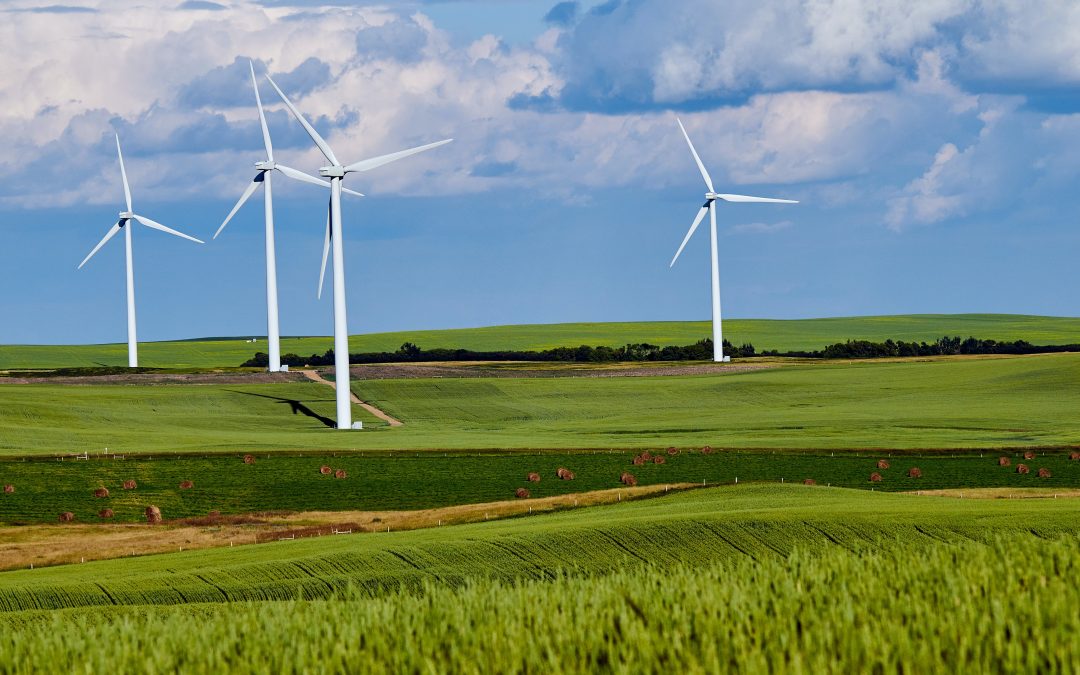Poland’s government has approved legislation that would make it easier for onshore wind turbines to be built. The new measures would undo restrictions passed by the same government six years ago that resulted in new onshore wind investments – previously among the highest in Europe – collapsing.
Yesterday, the cabinet adopted an amendment to the current law on wind turbines. It would remove the so-called “10H” rule, introduced in 2016, which forbids the construction of wind farms where there are buildings within a distance of ten times the height of the turbine.
Będą zmiany w ustawie wiatrakowej. Jest decyzja rząduhttps://t.co/UBCF26WBb9
— Biznes INTERIA.PL (@BiznesINTERIAPL) July 5, 2022
That has resulted in one of the most restrictive regulatory regimes in Europe, effectively making it impossible to build wind farms on 99.7% of Polish land, wrote Włodzimierz Ehrenhalt, the chief energy expert of the Union of Entrepreneurs and Employers (ZPP), in an opinion issued last year.
As a result, whereas in 2015 – the last year before the rule was introduced – Poland installed 1,266 MW of onshore wind capacity (the second most of any country in Europe), between 2017 and 2019 it installed an average of only 34 MW annually.
There has been, however, a slight revival since 2020, and in January this year, a new record was set for the amount of power generated by wind. Turbines supplied around a third of Poland’s electricity needs at times that month. Over the whole of last year, onshore wind provided around 8% of Poland’s electricity.
However, analysts and industry figures say that the 10H rule is still preventing Poland from achieving its full wind potential. In response, the government in May last year published draft legislation that would ease regulations, giving local officials control over deciding the location of new wind farms.
Now that bill has been given approval by the cabinet. Under the new rules, turbines would still have to be a minimum of 500 metres from existing buildings, but beyond that their location would be set under development plans decided by local authorities.
“The government wants to strengthen the position of local communities regarding the development of wind energy,” announced the prime minister’s office after the legislation was approved.
This will allow the sector to “develop not only dynamically, but with social approval”, said climate minister Anna Moskwa, adding that “a priority of our energy policy is the diversification of energy sources”.
Last year, Poland produced around 70% of its electricity from coal, down from 87% a decade earlier but still by far the highest figure in the EU. Over that decade, the proportion of power generated from renewables rose from 7% to 17%.
The proposed legislation now moves to parliament, where the government has a majority in the more powerful lower-house Sejm. However, some members of its national-conservative coalition have expressed scepticism towards the shift away from coal and towards renewables.
Government spokesman Piotr Müller, however, assured yesterday that “renewables do not conflict with stable sources of coal-fired power plants”. He declared himself “convinced that there will be a parliamentary majority” in support of the new wind regulations, reports news service Interia.
The government may also be able to count on support for the new rules from the centrist and left-wing opposition, who are in favour of renewables and have criticised the 2016 restrictions on wind turbines.
Yesterday’s news was, however, met with a sarcastic response from Borys Budka, head of the parliamentary caucus of Civic Coalition (KO), the largest opposition group.
“Another great success for the government,” he tweeted. “They are changing their own law, thanks to which they blocked cheap green wind energy in Poland for seven years. To say they are idiots is to state the obvious”.
Kolejny wielki sukces rządu. Zmieniają własne prawo, dzięki któremu na 7 lat zablokowali w Polsce tanią zieloną energię wiatrową. Powiedzieć, że to idioci, to nic nie powiedzieć. #PatoWładza
— Borys Budka (@bbudka) July 5, 2022
Main image credit: Abby Anaday/Unsplash

Daniel Tilles is editor-in-chief of Notes from Poland. He has written on Polish affairs for a wide range of publications, including Foreign Policy, POLITICO Europe, EUobserver and Dziennik Gazeta Prawna.




















